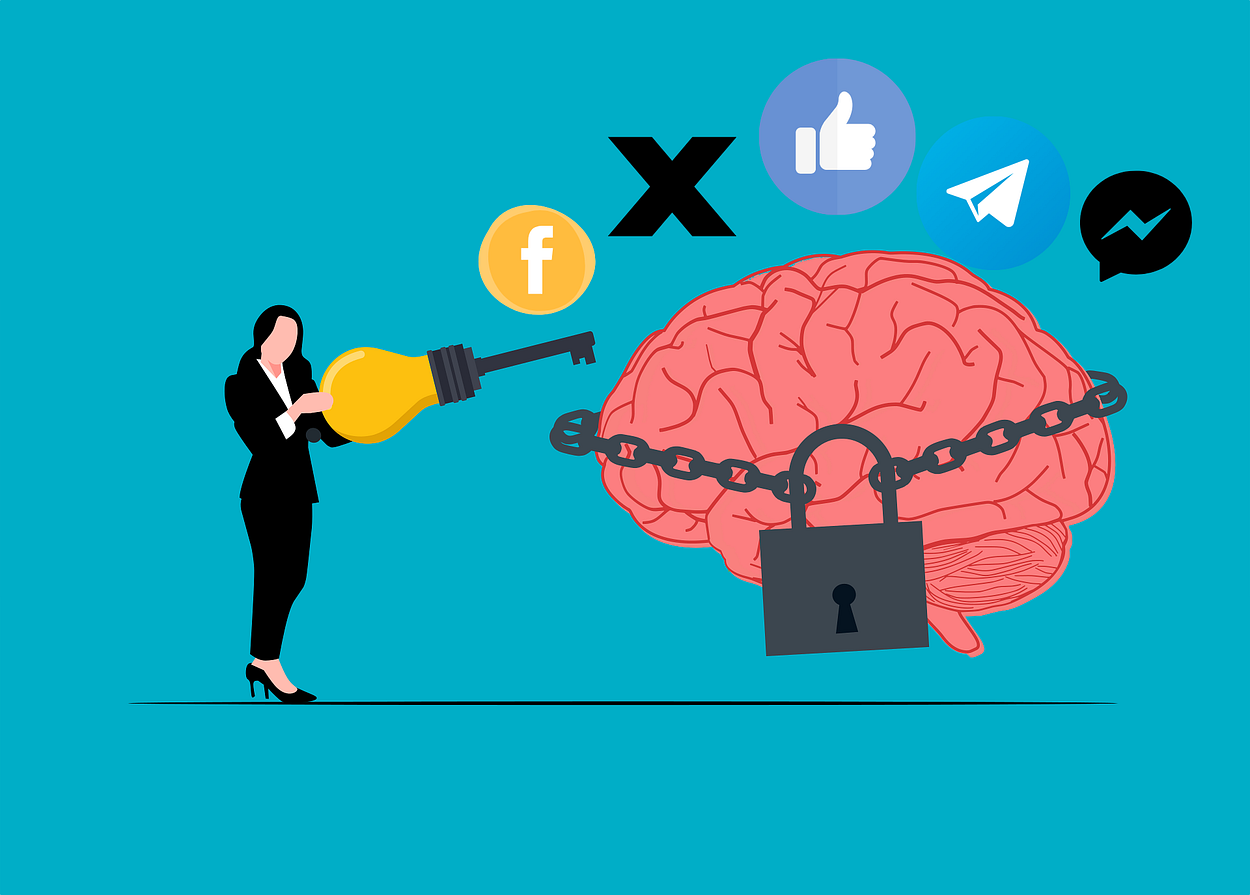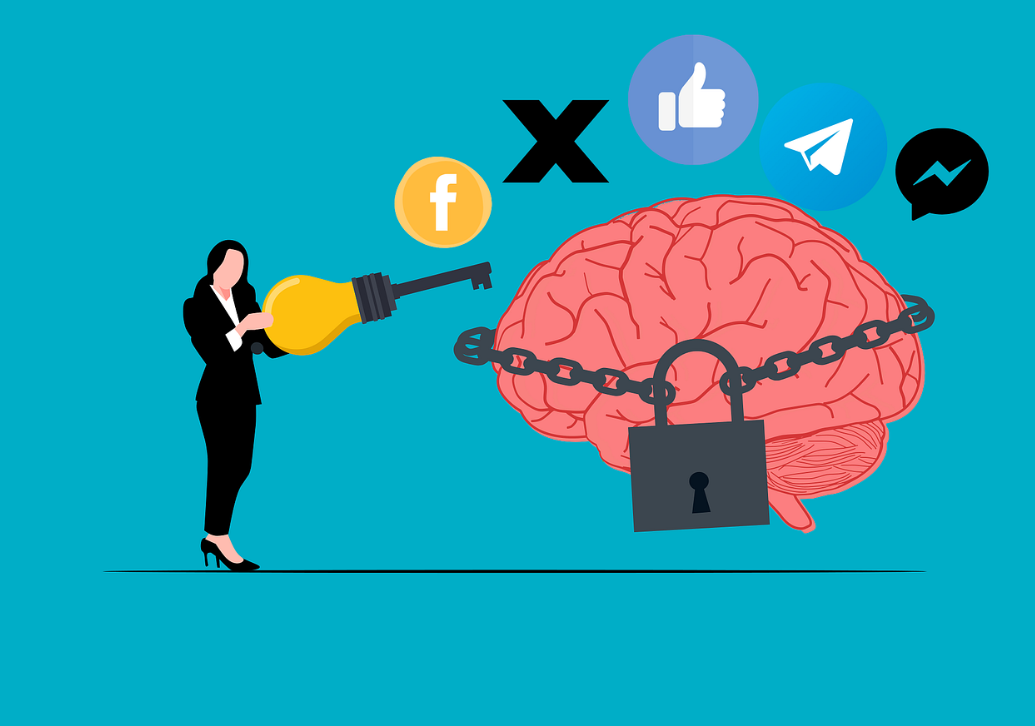Exploring the Impact of Digital Life on Emotional Well-Being and Human Connections”

Introduction
Technology has become a huge part of your life. From scrolling through social media to chatting with friends or binge-watching shows, it’s hard to imagine a day without your phone or laptop. While technology makes life easier, it also has some downsides, especially when it comes to your mental health and relationships.
Let’s take a closer look at how technology impacts you and what you can do to find balance.
How Technology Changes Your Daily Life
Technology can be both helpful and harmful. On one hand, it connects you to the world, but on the other hand, it can disconnect you from people around you.
The Good Side
- Keeps You Connected: Apps like FaceTime and WhatsApp let you stay in touch with loved ones, even if they’re far away.
- Easy Access to Information: Want to learn something? Google makes it possible in seconds.
- Boosts Productivity: Apps help you organize your tasks and save time.
The Not-So-Good Side
- Too Much Screen Time: Staring at your phone all day can hurt your eyes and your mind.
- Social Media Pressure: Seeing others’ “perfect” lives on social media can make you feel like you’re not doing enough.
- Less Family Time: When everyone’s on their devices, real conversations can disappear.
How Technology Affects Your Mental Health
Your mental health can take a hit if you’re not careful about how you use technology.
Social Media and Self-Esteem
Social media can be fun, but it can also make you compare yourself to others. Have you ever felt like your life isn’t as exciting as someone else’s Instagram posts? You’re not alone! This kind of comparison can lead to:
- Low self-confidence: thinking others are “better” than you.
- FOMO (Fear of Missing Out): feeling anxious when you see others doing something you’re not part of.
Too Much Screen Time
Spending too much time on your phone or computer can cause problems like:
- Stress from notifications: Constant alerts can overwhelm your brain.
- Poor Sleep: Blue light from screens can mess with your sleep schedule.
Technology and Relationships
While technology can help you stay connected, it can also put a strain on your relationships.

Family Time
Does this sound familiar? You’re sitting with your family, but everyone’s glued to their devices. This reduces the quality time you could be spending together.
What You Can Do:
- Have tech-free dinners where no one uses their phone.
- Plan fun activities like board games or outdoor outings.
Romantic Relationships
Dating apps make it easier to meet new people, but they also come with problems like:
- Shallow Connections: It’s easy to swipe left or right, but it’s harder to form deep bonds.
- Ghosting: People may suddenly stop responding, which can hurt your feelings.
How Technology Can Help Your Mental Health
Not all technology is bad. Some tools can actually improve your mental well-being.
Mental Health Apps
Apps like Calm or Headspace can help you manage stress, sleep better, and practice mindfulness.

Here are some tips to use technology in a healthy way:
- Set Limits: Use app timers to control how much time you spend on your phone.
- Take Breaks: Try “digital detox” days where you unplug completely.
- Focus on Real Connections: Spend more time talking to people face-to-face instead of texting.
Conclusion
Technology is a tool, and like any tool, it’s all about how you use it. It can help you stay connected and informed, but if you’re not careful, it can harm your mental health and relationships. By setting boundaries and being mindful, you can enjoy the benefits of technology while keeping its negative effects in check.
FAQs
1. How does technology affect mental health?
It can lead to anxiety, stress, and sleep problems if overused. However, it can also help with tools like meditation apps.
2. How can I spend less time on my phone?
Use screen time trackers, set app limits, and take breaks during the day.
3. Can social media be good for relationships?
Yes, when used to stay in touch. But too much can lead to shallow connections or negative feelings.
4. What is a digital detox?
It’s when you take a break from all devices to recharge your mind and reconnect with the real world.
5. Are mental health apps effective?
Yes, they can help with mindfulness and stress, but they shouldn’t replace professional therapy when needed.



